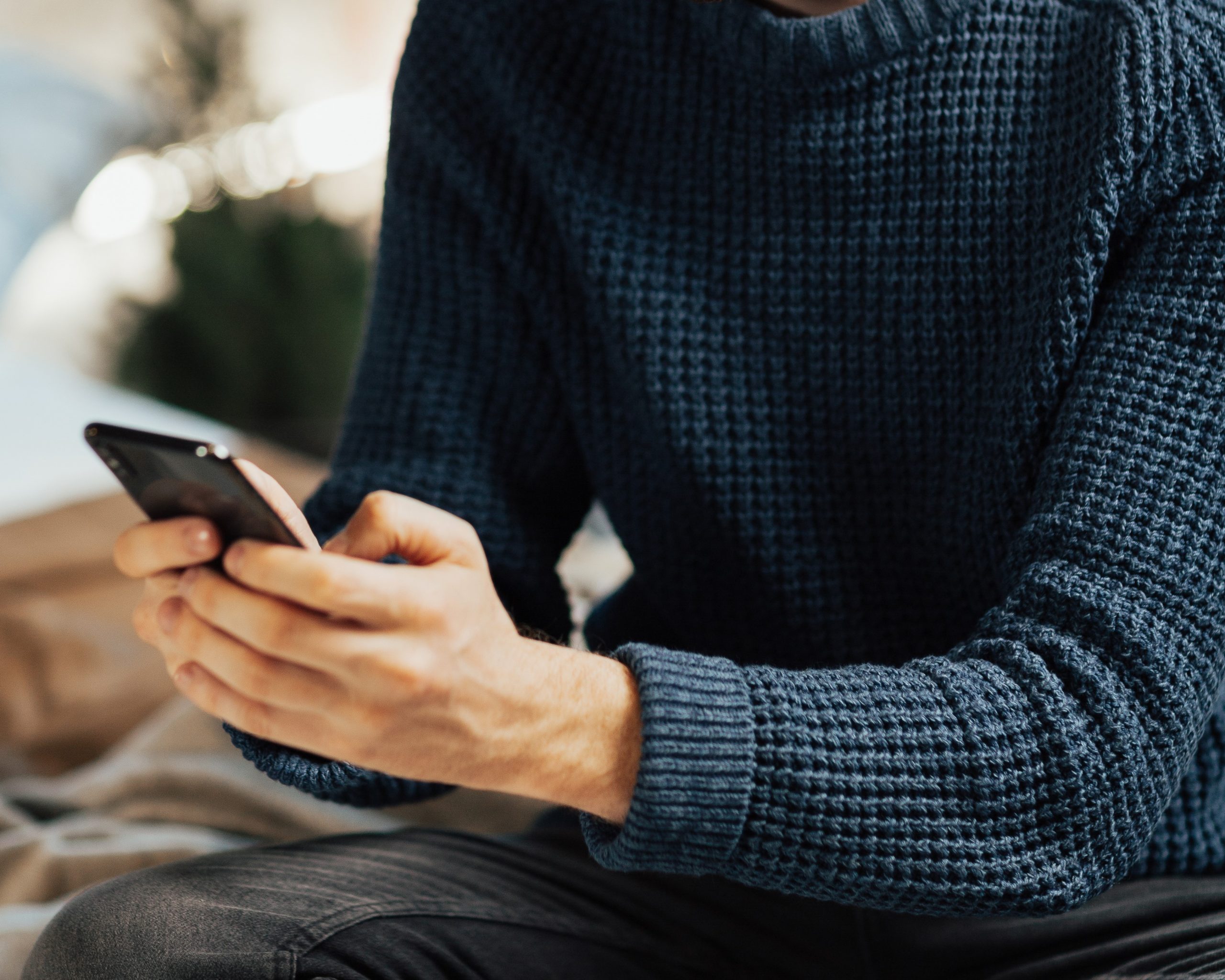In today’s digital age, cell phones have become a staple in our daily lives. No matter where we go, everyone has their trusty device glued to their hands. From texts and calls to social media scrolling and online shopping, cell phones have made everything accessible with just a few taps of our fingers. However, with the convenience comes a hidden danger that often goes unnoticed – the potential risks associated with using cell phones regularly. So grab your phone and read how to keep yourself safe.
The convenience of mobile devices also comes with risk. As you check-in, text, share photos, and increasingly run your life on the go, you may inadvertently expose private information or make yourself more likely to be a victim of a crime. Here are four things you should be aware of as you use new mobile and social technology that might spare you expensive or embarrassing lessons:
1. Watch “checking in” through social media.
Apps like Foursquare and websites like Facebook allow you to “check-in” when you’re out and about, effectively broadcasting where you are… and where you’re not. Be especially sensitive to checking in from airports and locations far from home. Enterprising thieves can use this information to target your home or business.
2. Evaluate Photos You Share on social media.
If a picture is worth 1,000 words, what are your pictures on Facebook saying to friends, family, and co-workers? Just like checking in when you’re out of town, vacation photos posted in real time can inadvertently let people know you’re not home.
3. You must log out of public computers.
Have you ever checked your email in an internet cafe or hotel computer? Did you remember to log out? Closing a browser window isn’t usually enough. People who open the browser can often waltz into your email account because your “session” is still active. Remember to click “log out” or “exit my account” when logging into private accounts through public machines.
4. Password protect your device.
Smartphones now carry the sort of data you used to keep under lock and key in your home office or closet safe. If your devices are lost or stolen, how much of your private information could be exposed through your device?
First and foremost, add password protection to your device in case it is lost. Most have a setting you can activate, forcing someone to enter a code before accessing the apps and data on the device.
Second, consider adding an app or service to track your device via GPS if lost or stolen. Depending on your device, many options exist to help locate your smartphone if it disappears. To find an app specific to your device, try Googling (without quotation marks): “app tracks stolen [device name]” where [device name] is replaced with your brand of smartphone (iPhone, Android, Blackberry, etc.).
These tips will help to keep your mobile phone data safe. It is essential to remember that your online security and privacy should always be a top priority. As technology evolves, so do the steps to protect yourself. Remembering these steps while using your mobile phone will help you keep you safe. And if you ever need tips or advice about real estate – don’t hesitate to give me a call – I’m always happy to help!
Liz Norvelle
(928) 458-4025


 Facebook
Facebook
 X
X
 Pinterest
Pinterest
 Copy Link
Copy Link


